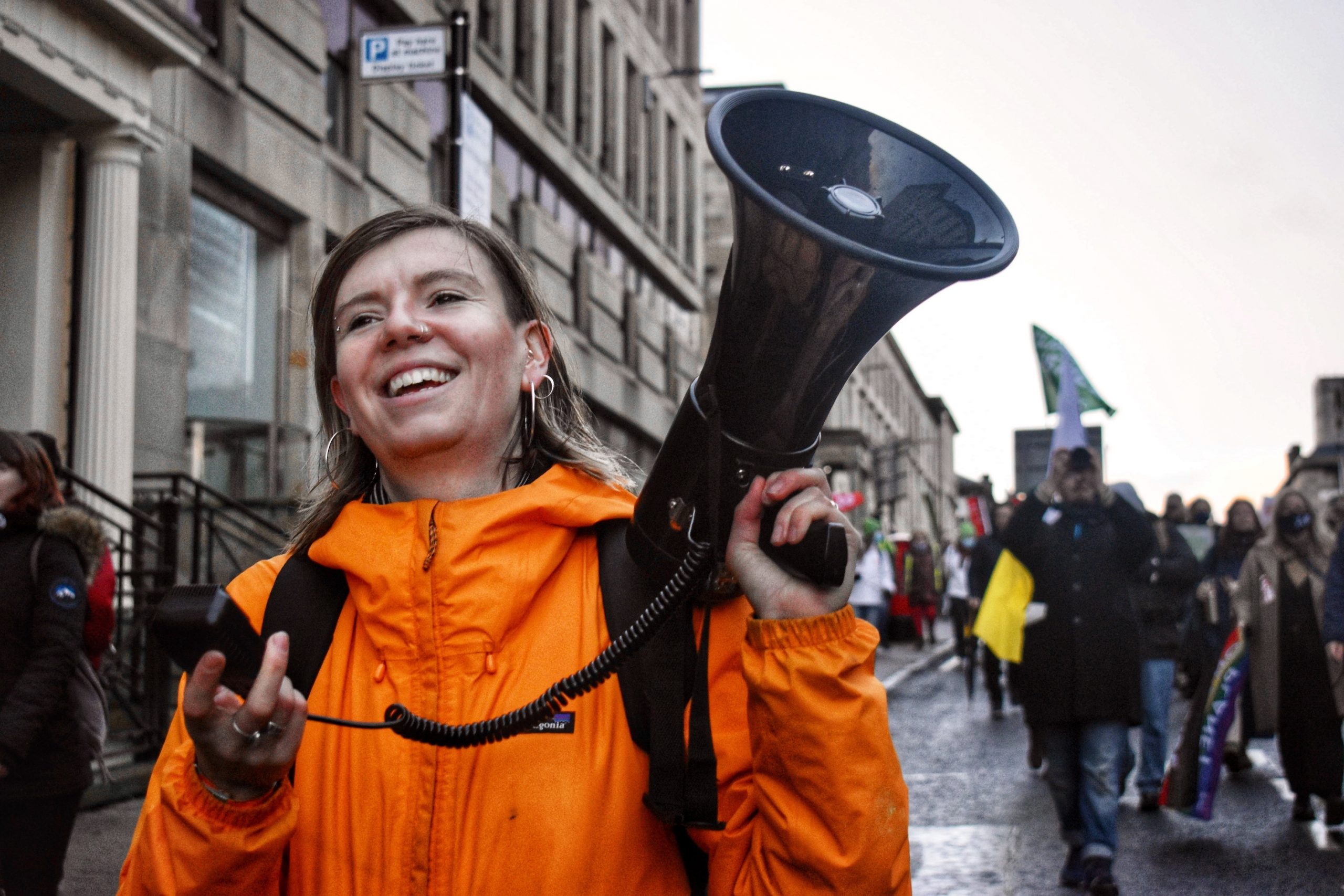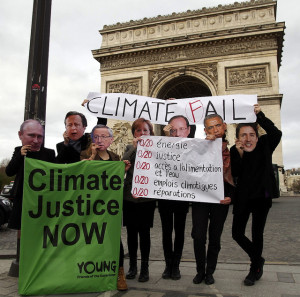
A Paris Deal: on whose terms?
The 21st Conference of the Parties to the United Nations Framework Convention on Climate Change officially opened this morning, with about the amount of pomp you might expect for the 150 world leaders – and Prince Charles – in Paris for the opening ceremony. Security is understandably very tight, with parts of the peripherique closed and a highly visible police presence.
Listening to Obama say his piece, you could be forgiven for mistaking the fact that the USA is the number one blocker of progress within the UNFCCC process here in Paris just as it was in Copenhagen. Again, just like in Copenhagen, the USA and other countries that owe a big carbon debt to the developing world have decided where to point the finger of blame if things don’t go their way in Paris. In Copenhagen it was China; ahead of Paris, India was already being painted as the key troublemaker for the strong position it held on climate at the recent G20 meeting.
While today’s programme is dominated by speeches from Heads of State and Governments, the real work started on Sunday with the key negotiating track holding its opening session a day early to demonstrate parties commitment to getting a deal. A minute’s silence was held at the start of the plenary to mark the horrendous terrorist attacks only two weeks ago. A deal in Paris would be the best way to honour the victims, said the Co-Chair. But reading between the lines, there is something of an unspoken threat in this. Because a deal on what – or rather whose – terms exactly is what matters most about the outcome in Paris.

John Kerry has already made it quite clear that the USA won’t sign a legally binding treaty in Paris. What that leaves is a deal where countries voluntarily offer to cut greenhouse gas emissions, maybe some finance and technology transfer to help countries worst affected by the impacts of climate change, but when it comes to reporting time, they can always plead ‘mitigating national circumstances’ if they haven’t fulfilled their pledges. Not only do the pledges currently on the table get us nowhere near what the science tells us is necessary, but analysing these commitments from an equity perspective demonstrates clearly that the USA, EU and Russia have woefully failed to contribute their fair share of emissions cuts, while China, India, Kenya and the Marshall Islands are among developing countries whose contributions meets or exceeds a fair share.
A confidential ‘non-paper’ leaked to the press that the USA circulated to a handful of countries a few days ago makes clear its desire to do away with any notion of historical responsibility in the Paris deal. The idea that the rich, industrialised west, which has brought the climate to the brink while benefiting from decades of polluting the atmosphere, should do more than those in the global south to respond to the crisis is enshrined in the UN Climate Convention. It should not be up for negotiation in Paris at all, yet that is the fight that developing countries have had on their hands during the last ten years or so of climate negotiations.
On this, and many other points of justice and equity, negotiators from rich and poor countries are far apart indeed. Yet there is still some hope here inside the talks, and even more so outwith them. On the whole, developing countries are holding strong in their vast negotiating blocks, and there is some strong language in the current negotiating draft. Whether the blocks will hold and the strong text still be there when the politicians take up the negotiations in week two remains to be seen.
But outside, the voices of climate impacted peoples and communities are strong, and growing stronger, as demonstrated by the many thousands of people around the world who took to the streets over the weekend. The climate movement that lost momentum after world leaders failed us so badly in Copenhagen has learned from experience and is smarter this time round. It knows that Paris is not the end of the line for the climate struggle, and will only emerge stronger and more resilient, to keep building the alternatives and fighting the fights against polluting industries that must be won to avert catastrophic climate change.
Mary Church is Head of Campaigns for Friends of the Earth Scotland.
Follow her on Twitter
